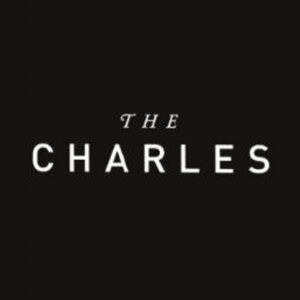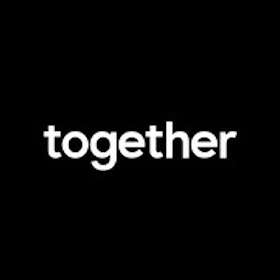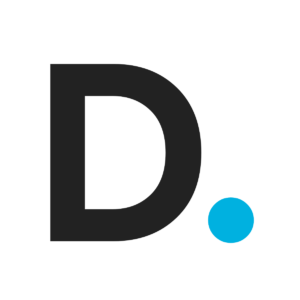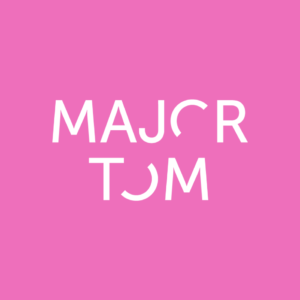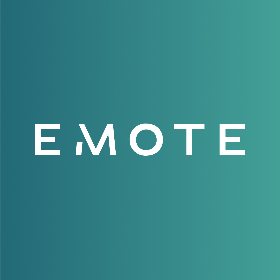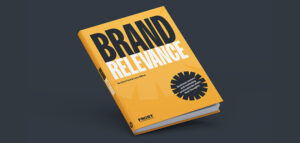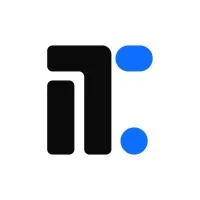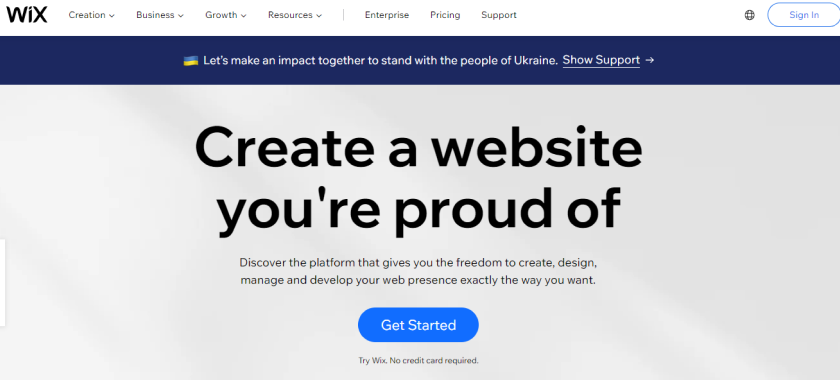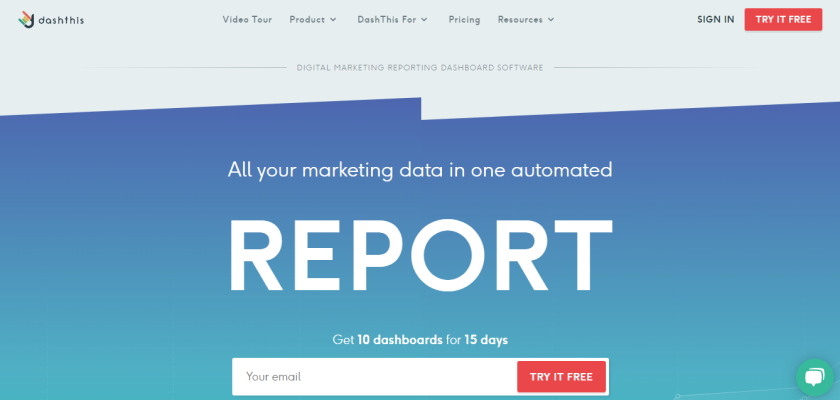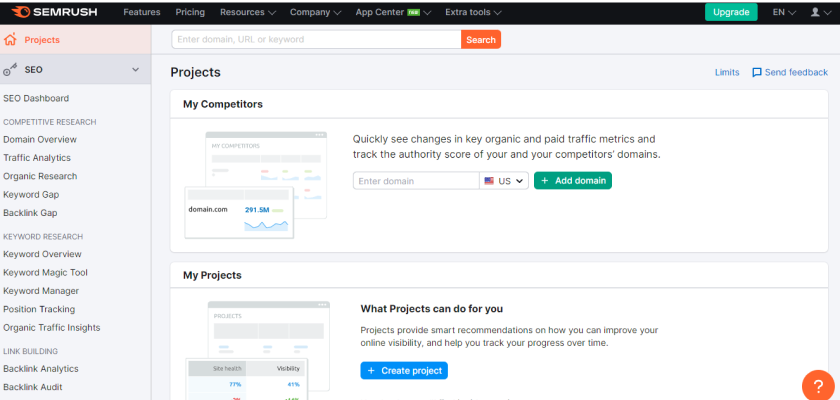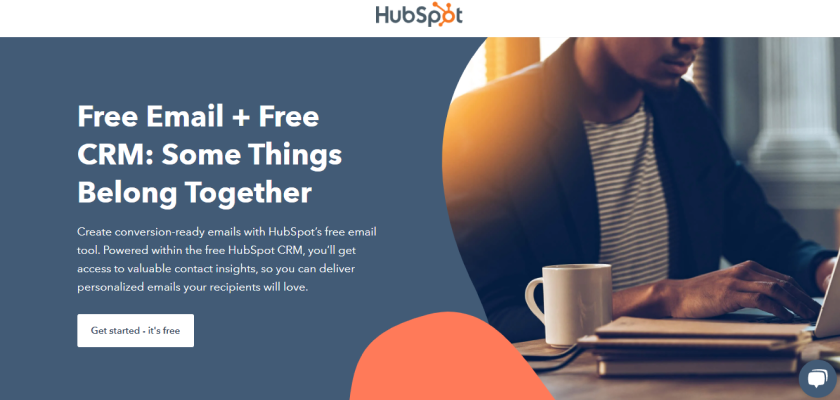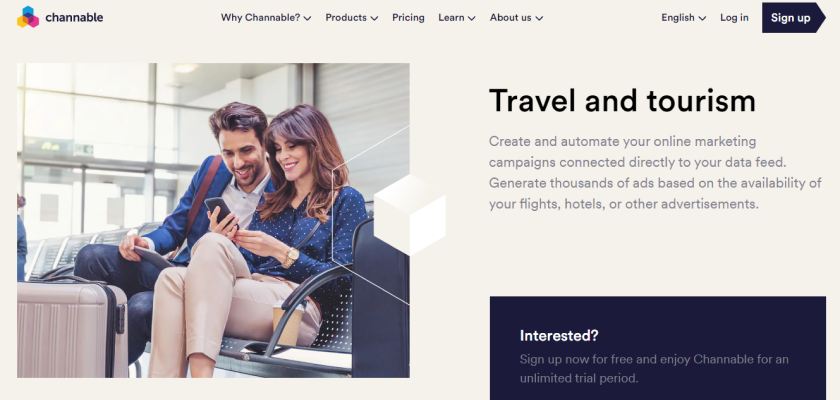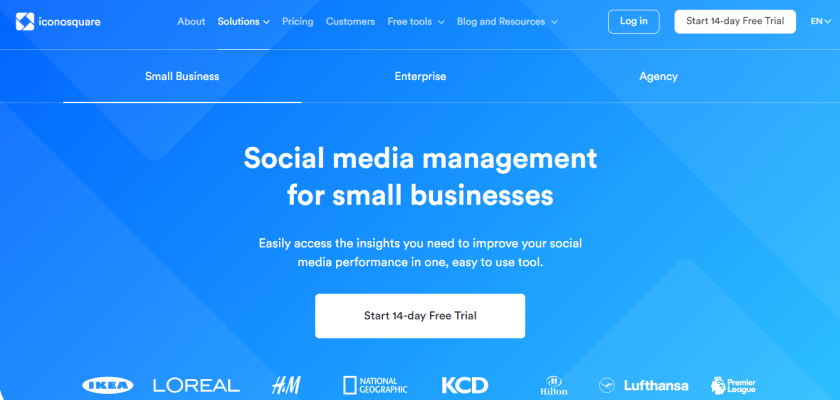
Best Digital Marketing Tools for Tourism & Hospitality
Tourism has evolved over the last century. If you go back in history and see how far we have come, you’d be surprised by how many things have actually changed over the years. Let’s not forget how much digital marketing has changed as well.
So, the real question is, how can you know which are the best hotels to visit when travelling on vacation? Well, successful hotel managers will pay great attention to their marketing strategies and invest considerable time in expanding their customer base.
Nevertheless, let’s not waste any more time because, in this article, we will find out which are the top digital marketing tools you can consider using for tourism and hospitality.
Let’s dive right in!
Why Is Digital Marketing Important for Both the Tourism & Hospitality Industry?
Digital marketing has evolved to a point where you can stay online both for the tourism & hospital industry. Reaching out to travelers is as easy as ever, whether you are on your laptop, phone, or whatever you use for communication.
Even in today’s market, digital marketing is relatively new for most people. However, the evolution of digital marketing has made it easier for people to communicate and has removed many difficulties for travellers & the hospitality industry. Communication and modern digital marketing strategies have solved one of the most common issues in the tourism & hospitality industry.
Now, tools will do most of the work for you, handling bookings and showing you the destination you must go through the GPS. Compared to traditional marketing, it’s more cost-efficient and helpful. There’s no need for billboard ads, print ads, or even space rental ads to reach your target audience. Explore the best tools for your business that serves the hospitality industry.
How Can Digital Marketing Help the Tourism Industry?
Compared to traditional marketing, digital marketing provides more accurate user information and behavior tracking with the ability to optimize real-time marketing campaigns. As a result, travel agencies and other companies can reach a global audience and aren’t limited to local reach.
Moreover, this is something companies don’t have to struggle about now. They can reach travellers faster than ever before. Travellers can stay connected to support 7/24 and always be guided on where they have to go. Nevertheless, even if they are in an emergency situation, digital marketing has allowed us to be more connected than ever.
Which Tools Should You Use in Tourism Marketing & the Hospitality Industry?
Wix
No matter which industry you are looking to operate in, Wix is a popular choice. According to statistics, as of now, more than 200 million users worldwide are using Wix in order to build their online presence. In addition, Wix allows you to create your own site and has a range of templates you can use for travel & tourism.
It has a wide range of customizable options, so you can adjust anything you need on your site. Wix has one of the easiest website building and customizable tools compared to WordPress and other website builders. You can set up your site without having any technical knowledge.
Piercing with Wix is relatively cheap compared to its competitors. For example, with a fundamental domain, you will pay $4.50 per month, while with the VIP plan, which offers priority support and up to 35 GB of storage, you’ll pay $24.50 per month.
DashThis
DashThis is a marketing dashboard tool. By connecting up the tools from all your marketing channels (e.g. SEO, PPC, email & social media), you can create a single “source of truth” for marketing KPIs.
In travel marketing, like any other industry, reporting is a big timesink. Using an automatically updating marketing KPI dashboard can save a lot of time and give colleagues (or clients) a simple way to check in on progress with a shareable link at any time.
You can try DashThis free for 15 days. aid plans start from $33/month (paid annually) or $39/month (paid monthly) for 3 dashboards and unlimited users. Pricing scales up for more dashboards & more features.
Semrush
Semrush is a popular choice for helping hospitality sites drive more organic traffic to their site. Moreover, Semrush is an excellent tool that enables you to find the right type of keywords you need to use. The personalization level is high and allows you to find trending keywords in each country you set the settings. Furthermore, it’ll inform you how competitive the keyword is in that particular location.
Semrush is a popular alternative to Ahrefs, a popular SEO tool, but its feature set covers more use cases like PPC, social media, and other marketing channels.
Pricing with Semrush is quite expensive and can go anywhere from $119 per month to over $400 per month. However, it is a popular tool for hospitality sites!
HubSpot
HubSpot offers a platform for marketing, sales, customer service, tourism, hospitality, and much more. HubSpot’s CRM powers your marketing efforts with easy-to-use features such as live chat, meeting scheduling, and email tracking. These top features are important for travel agencies since they need to offer 24/7 support and continuously be in contact with their travellers.
Nevertheless, let’s not forget that HubSpot is a popular option with a mixture of pricing options. For example, the starter package costs around $50 per month, and the enterprise plan is around $3200 per month.
Channable
Channable is a PPC marketing tool that allows you to build feed templates with more than 2,000 price comparison sites, affiliate platforms, marketplaces and allows you to generate ads via Google Ads and Microsoft Advertising.
Channable is a popular option for the travel and tourism industry since it allows you to create and automate your online marketing campaigns that are directly connected to your data feed. Thus, you can generate thousands of ads based on flight and hotel availability!
Iconosquare
Iconosquare is a popular marketing tool that is used for social media analytics. Moreover, you can make data-driven decisions for all social platforms, including TikTok, LinkedIn, Facebook, and more.
For example, if you have a travel blog and are creating content on your blog about places you’ve been to, Iconosquare is an excellent marketing tool for you. You can use it to see how well you are doing on social platforms and connect your travel blog or site to the platform to make data-driven decisions.
You have a 30-day free trial with a pricing plan of $79 per month that is billed annually.
How to Identify Useful Digital Marketing Tools for the Hospitality Industry?
Are you looking to get more bookings on Google? Or maybe you aren’t seeing the results you want compared to your competitors? The real question is, how can you identify the proper digital marketing tools for the hospitality industry?
If you have a task to use a digital marketing tool to market your business, hotel, motel, or anything else part of the hospitality industry, you need to identify which tools are the right fit for this industry.
In order to identify which tools are useful, you need to understand your marketing goals and who your target audience is. Moreover, you’ll need to develop a plan on which digital marketing tools you are going to use to help you achieve your goals and how to leverage them.
Furthermore, the best digital marketing tools for the hospitality industry will include:
- Content marketing
- Email marketing
- SEO, local SEO, and even Google Ads
- Online reviews
- Influencer marketing and social media marketing
Once you identify the digital marketing tool that you want to use, you can proceed in using that tool. However, if you see a tool missing one of these elements, we recommend you avoid using it in the hospitality industry.
Wrapping It Up
That’s all for this article. After that, you can consider using these digital marketing tools for the tourism and hospitality industry. Digital marketing has evolved to a point where we don’t need to worry about whether or not we did something right, but it has allowed us to do everything through the power of our mobile devices.
Nevertheless, at the end of the day, it’ll depend on what you are focused on and what your business requirements are. Are you focused on increasing your organic growth? Improving your SEO ranking? Maybe you are more concerned about creating a deeper relationship with your users? Or is it making data-driven decisions through social media?
Whatever it is, it’s up to you to decide and see which marketing tool you want to use. However, no matter which one you choose, they will all benefit you!

